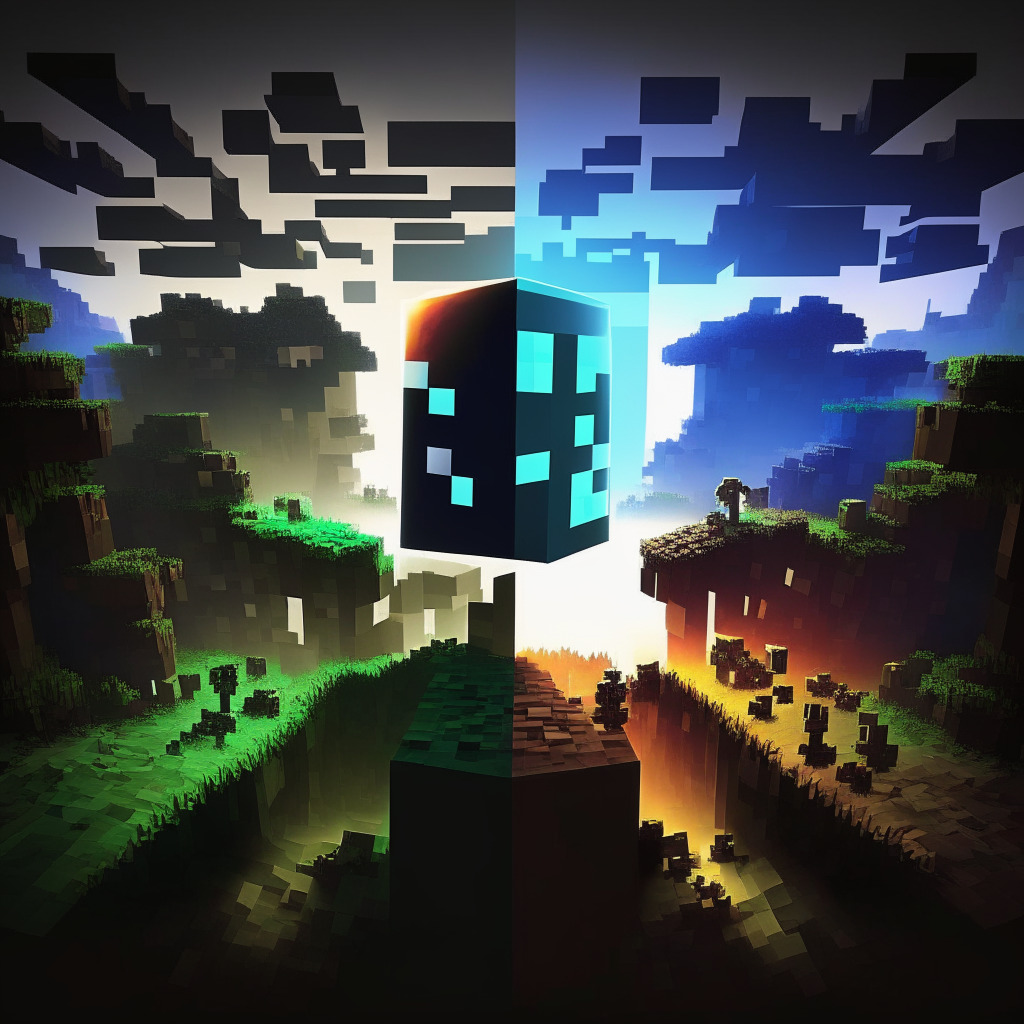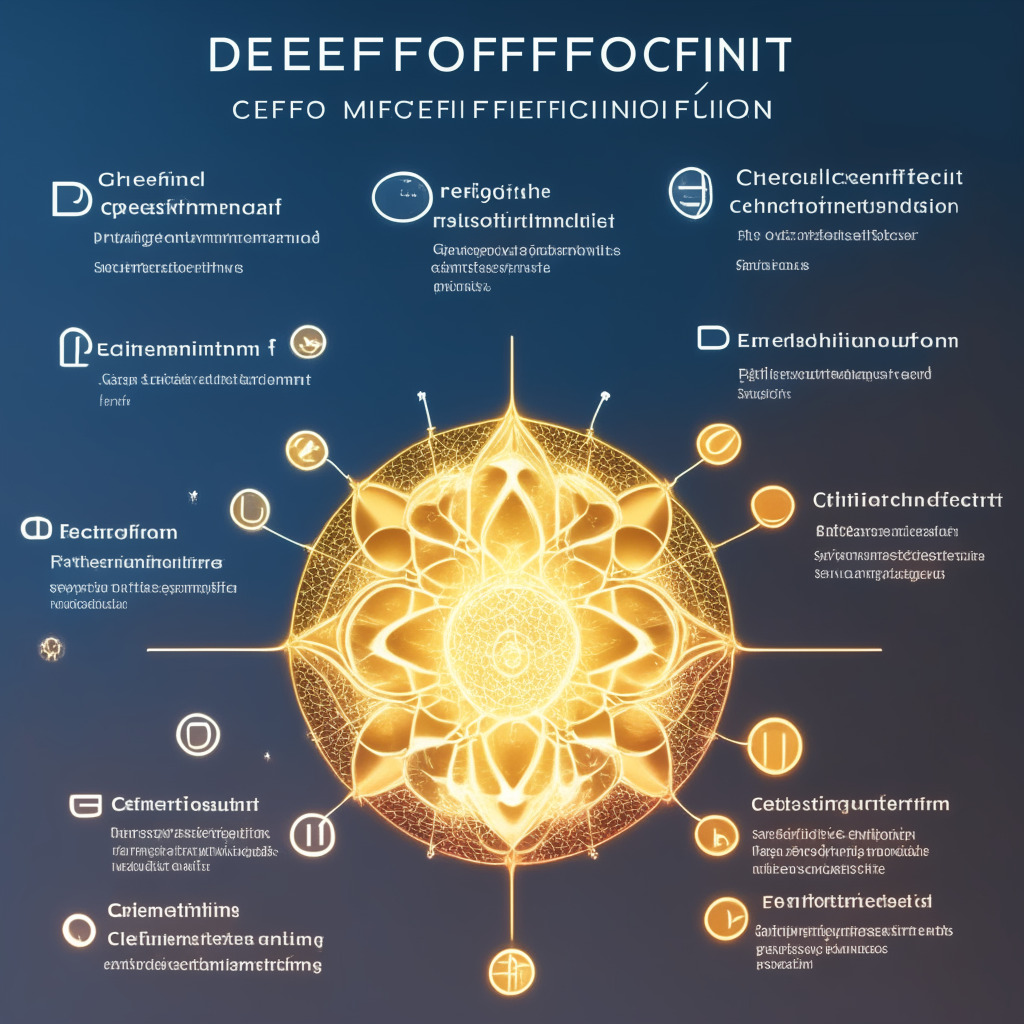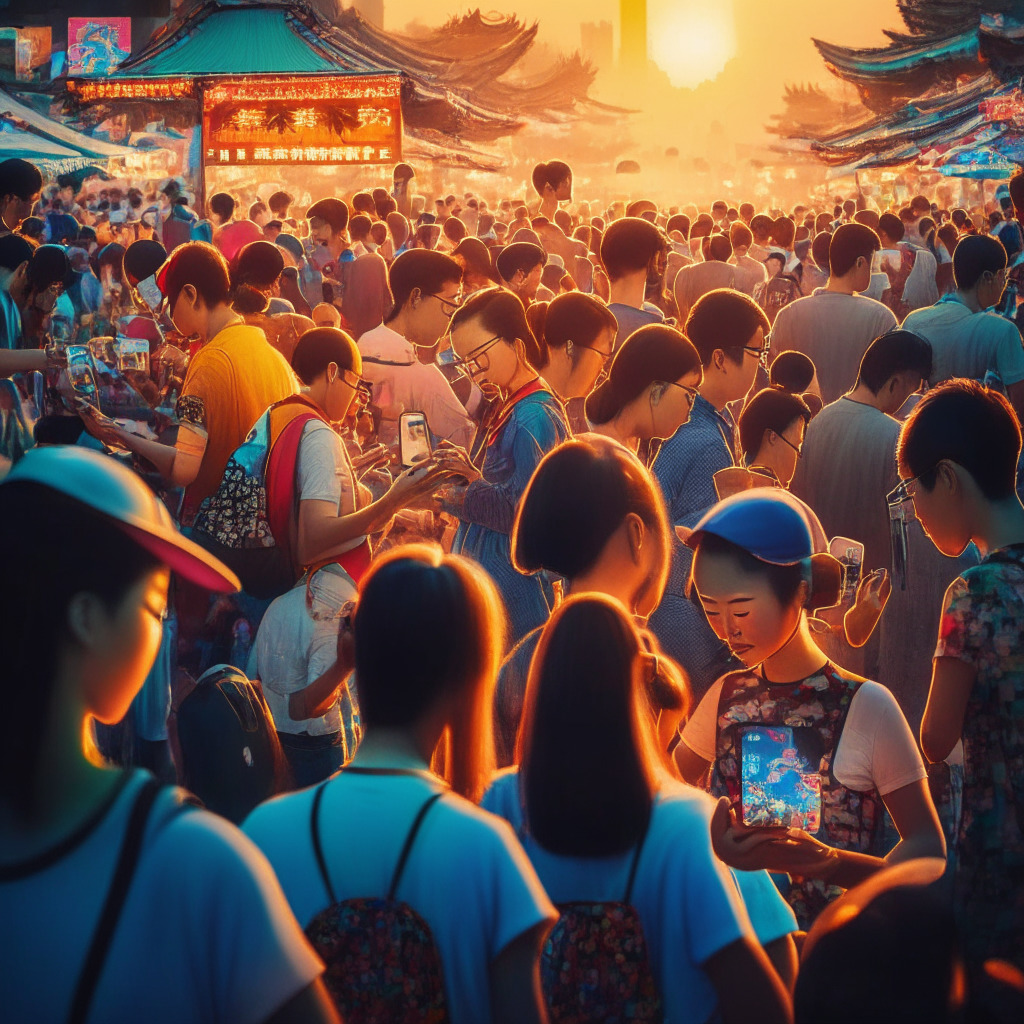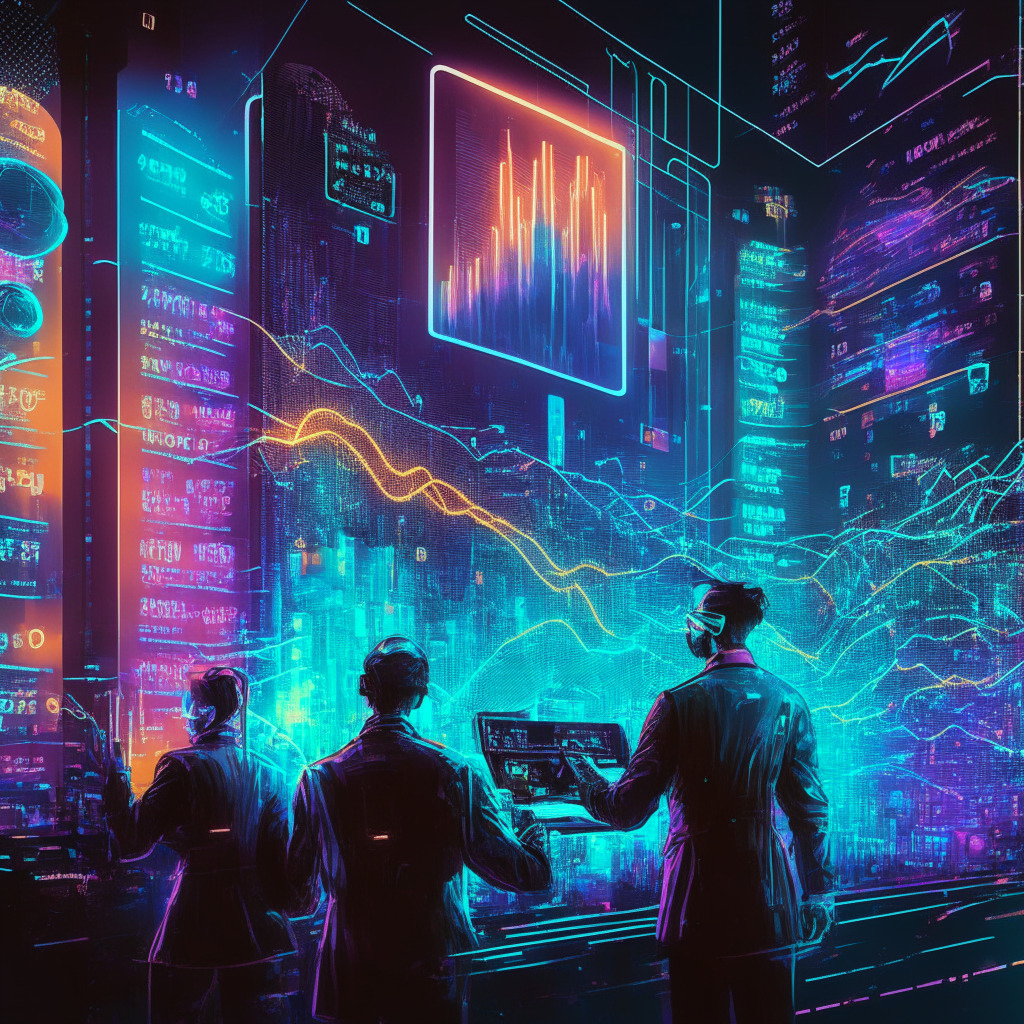In July 2022, the gaming world was taken aback when Minecraft proclaimed its intent to ban the use of NFTs on player-operated servers. However, despite being nearly a year since the announcement, the ban has not taken effect, though Microsoft-owned game developer Mojang still plans to implement it.
To better understand this situation, it is essential to recognize the reasoning behind Mojang’s stance. The company believes that the integration of NFTs with Minecraft contradicts its core values, especially where they gate access to content or features on fan-operated servers. Mojang’s policies permit players to charge for server access, but any available functions must be purchasable by all. NFTs can create exclusivity by limiting specific features to only a small group of asset owners.
According to Mojang, this digital ownership based on scarcity and exclusion negatively impacts Minecraft’s values of creative inclusion and shared play. Moreover, NFTs foster a sense of inequality among the gaming community by dividing it into haves and have-nots. Additionally, Mojang argues that the speculative nature of NFT investments detracts from the long-term enjoyment and success of players.
Minecraft’s impending ban not only covers third-party NFT assets built around official game assets but also has far-reaching consequences for existing Web3 projects. For example, the NFT Worlds project on Polygon, which offered customizable land plots as NFTs, faced considerable effects. In response, the creators altered the project into Topia—an original game inspired by Minecraft but built from scratch.
Ironically, Microsoft itself released Minecraft-themed NFTs in February 2021 to mark International Day of Women and Girls in Science. Launched in collaboration with crypto gaming startup Enjin, these digital collectibles could be incorporated into the game using an Enjin-created plugin.
In conclusion, Mojang’s intention to ban NFTs in Minecraft stirs up a complex conversation around the interplay between blockchain technology and gaming values. The update to the official guidelines is still pending, and the policy remains unchanged. However, the conflict between NFT-based exclusivity and Minecraft’s values of creative inclusion and community echoes throughout the gaming industry. Despite setbacks faced by certain Web3 projects in light of Mojang’s stance, there is still much room for exploration in the ever-evolving blockchain and gaming spaces.
Source: Decrypt




